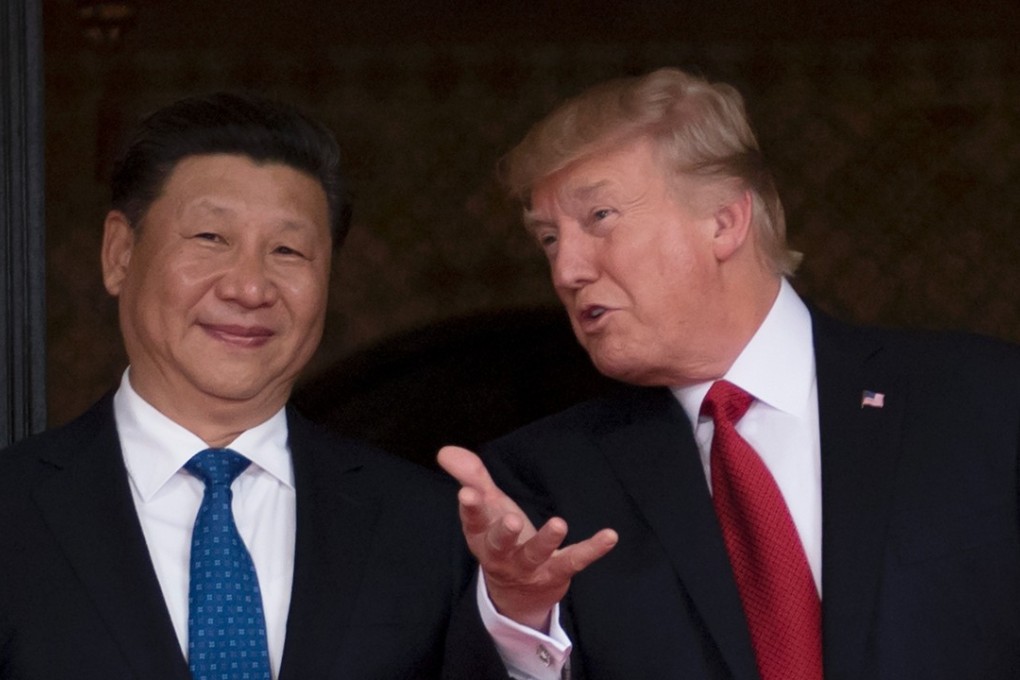Where did the ‘bromance’ go between Xi Jinping and Donald Trump?
The North Korea crisis has not only hijacked the agenda of the leaders’ planned second summit at G20, but could push Beijing and the US towards a showdown

When President Xi Jinping arrived at the Mar-a-Lago resort in Florida three months ago for his first personal meeting with US counterpart Donald Trump, much of the world’s attention was on whether the two alpha males could get along to steady the fraught bilateral relations.
Now as the pair head into a meeting at the G20 summit that opens in Hamburg, Germany on Friday, the stakes could be even higher amid unexpected escalating tensions over North Korea’s nuclear threats.
Pyongyang’s latest provocation, which saw the launch of its first intercontinental ballistic missile threatening the US mainland on Tuesday, has not only hijacked the agenda of the planned second summit between the two, but also could push Beijing and Washington towards a showdown, according to observers.
Tensions between the two powers have flared over the past week as Beijing and Washington have exchanged barbs over a raft of contentious issues, including Taiwan, the South China Sea dispute, trade rifts and the treatment of terminally ill political dissident and Nobel peace laureate Liu Xiaobo.
The two leaders’ failure to patch things up during a telephone call on Monday over their divergent interests on major geopolitical challenges basically set the stage for their sit-down meeting planned on the sidelines of the two-day summit, Chinese experts said.
Xi’s rare admission that bilateral ties have been hampered by negative factors showed Beijing’s displeasure with Trump’s China policy, said Shi Yinhong, a US expert from Beijing’s Renmin University.